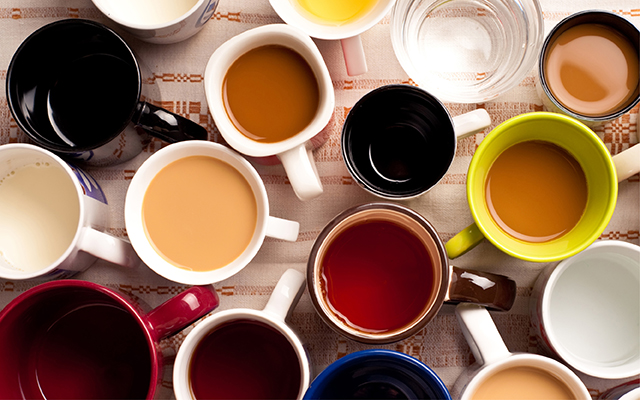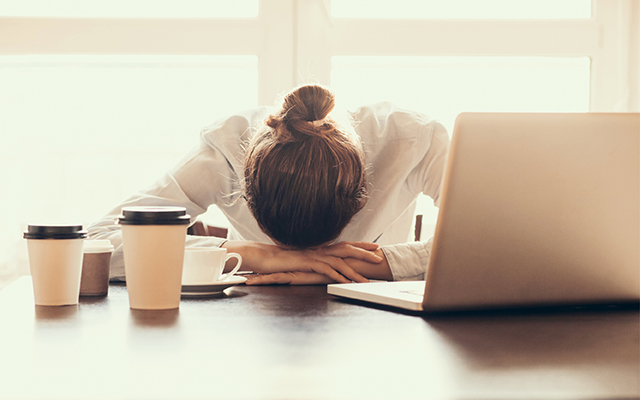If you’re prone to racing thoughts, heart palpitations, or sweaty palms, you may already have discovered that caffeine exacerbates anxiety.
“I don’t consider caffeine to be a toxin for most people, but it can be harmful when your brain is overactive,” says Henry Emmons, MD.
Caffeine ramps up anxiety in several ways. First, it interferes with your body’s normal cortisol arc. Cortisol is the body’s natural stimulant — a healthy curve will peak in the morning when you wake up and taper off through the day. Caffeine can keep your cortisol ramped up.
Second, it makes you hyperalert by parking in a receptor spot reserved for adenosine, a calming neurotransmitter. Third, it tricks your body into releasing epinephrine and norepinephrine, triggering the body’s fight-or-flight response.
“Most people do fine with small amounts of caffeine on a semiregular basis,” says Alan Christianson, NMD. He encourages people who experience adrenal stress, however, to eliminate caffeine, at least temporarily, because in addition to amplifying the body’s fight-or-flight response, it compromises sleep quality.
“People don’t realize that caffeine’s first few byproducts work just like caffeine in the body and may take a day or two to clear,” he says. “So if you use caffeine daily, you can be stimulated 24/7, even if you don’t drink it after 10 a.m.”
If you think caffeine is contributing to your anxiety, cut back for a week and see how you feel. Try halving your normal daily coffee consumption, or mix in decaf. If you drink black tea, switch to green, which is lower in caffeine and contains polyphenols, antioxidants that may help protect your brain’s neurons.
This originally appeared in “Comfort Food” in the November 2017 print issue of Experience Life.




This Post Has 0 Comments